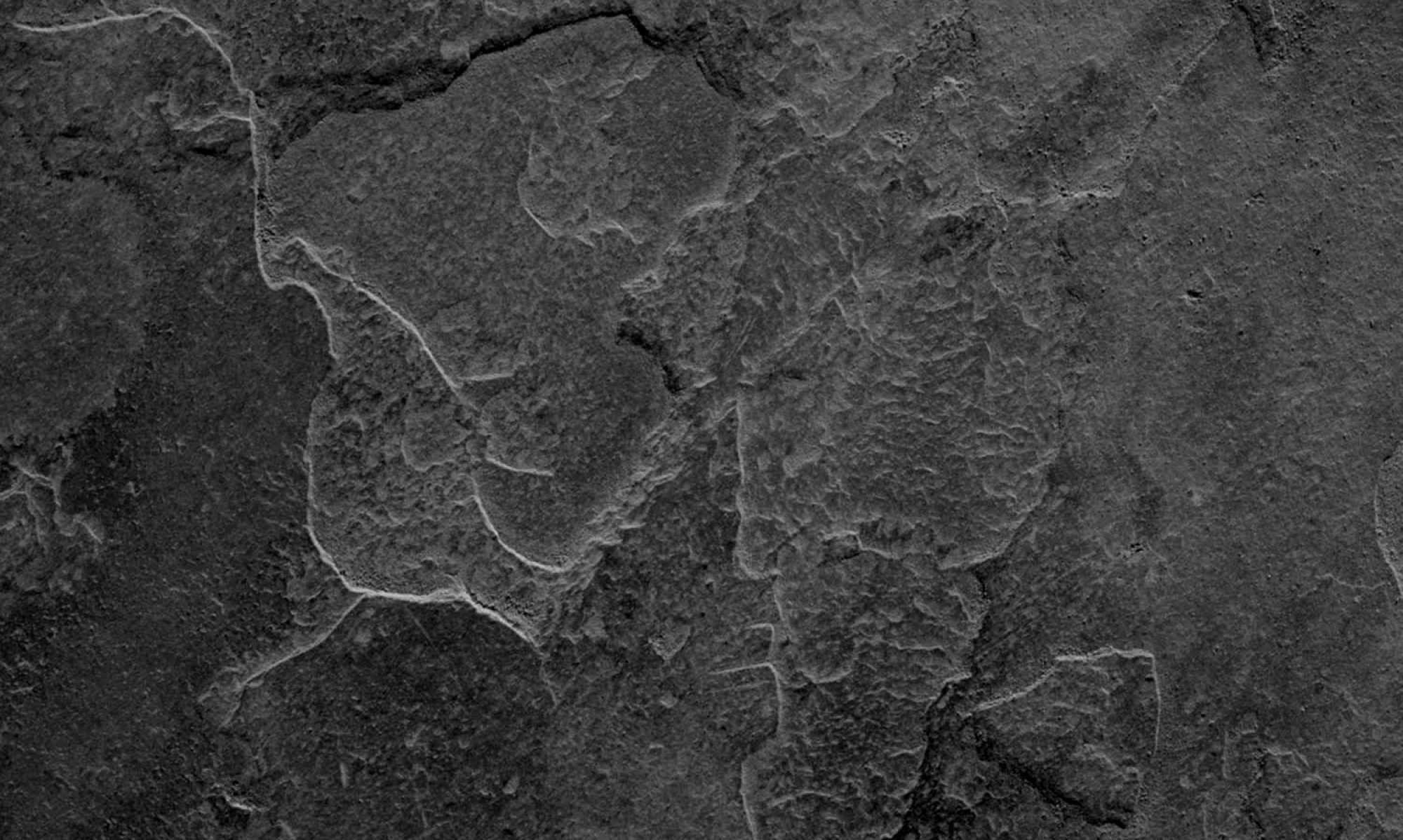This week’s reading, Papi by Indiana Rita was definitely the hardest reading for me this term. Perhaps it may have been too complicated or unfamiliar. I found that the non-linear narration made it very difficult for me to follow along with and made the story more confusing than I think it need to be. It was difficult to get a footing on the story, right off the bat the story started off in the present jumps to her childhood and teen years then back to the present day. In contrast to Nellie Campobello’s Catucho, which was also narrated from the point of view of a child, the main characters narration jumps between thoughts, flash backs and dream sequences while providing too many unnecessary details that end up drowning out and prolong the story. For this reason, I also kind of dreaded that it was from the perspective of a child rather than being able to appreciate it for adding dimension to the story.
To speak on the question Professor Beasley-Murray brings up during the lecture, it seems to me, the daughter looks at her father like he’s her hero, her protector, one who can do nothing wrong. She believes him to be like the image she’s formed in her imagination; superior to everyone else dad because he has all of these things and is celebrated by some people. She maintains her undying loyalty to her father that doesn’t really deserve it because of her struggling relationship with her mother and a need for something more. Her father seems to care about her as his child but isn’t very involved or consistent. Seeing as there was an instant her mother used her as a pawn to get a TV out of him, he may be keeping his distance as she can be used to manipulate him. I think this novel really highlights the importance of the father-daughter bond and the influence it can have on shaping a child’s sense of self and belonging. Throughout her search for him, finding him and learning about him, she begins to understand the world, her place in it and how the relationship around her have shaped her life.
Since I personally found the novel fairly confusing, as my question for discussion I’d like to ask; How did you interpret the story? What kind of message do you think Rita Indian was trying to get across in publishing this novel?

“Throughout her search for him, finding him and learning about him, she begins to understand the world, her place in it and how the relationship around her have shaped her life.” The narrator’s relationship with her father is complex, beginning because we have little certainty about what “really happened” between them, due to the abundant appearance of fantasies about Papi. It is true that towards the end of the novel there has been a change in the narrator. In which passages do you think she understood how her father shaped her life?
Hi Diana! I definitely know what you mean, it is really difficult to tell what is actually happening most of the time! I really liked your point on how the narrator learns a lot about herself and the world through her fixation on her father. I’m not sure I can sum up everything that’s going on with the message of the text, but I think Indiana is definitely skeptical of patriarchal control and toxic masculinity.